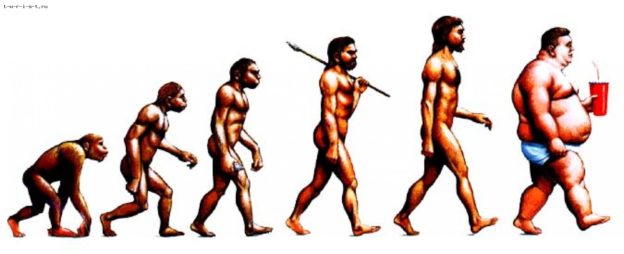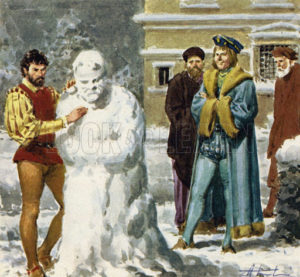I can barely microwave a Pop Tart. Yet Anthony Bourdain’s suicide this weekend really threw me for a loop.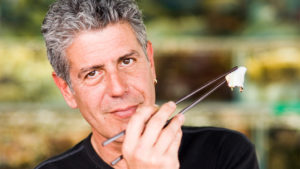
Not for my love of food, obviously. But I discovered him during a hospital stay a couple years ago in which the TV remote control broke. One afternoon, I was force-fed his Parts Unknown series on CNN. Then I watched another. And another. By the end of the stay, I had watched him criss-cross the world in a sort of international potluck dinner prep.
Like I said, boiling water and I are not on speaking terms. But his show, I later discovered, was never really about food. If anything, it was about journalism: meeting strangers, collecting anecdotal histories, asking open questions. Like the comedians of late-night TV, who have used parody to become the nation’s most influential political reporters, Bourdain connected with us by using food as verbs, spices as nouns, sauces as adjectives.
My fandom was confirmed with a tiny bit of research on him, when I discovered he was the son of a New York Times copy editor and routinely wandered newsroom halls. It cemented when I saw an interview in which he waxed philosophical that most of our introductions to new cultures are through the taste bud. More importantly, he said, we seal our relationships over meals, where anecdotes flow like wine. That’s Journalism 101.
Now he’s gone. Like Kate Spade, Robin Williams, Chris Cornell and endlessly on. And these were people at the top of humanity’s evolutionary chain: rich, creative, free to travel and purchase much of the world. It’s enough to draw you to an unnerving realization: We have over-evolved.
While Charles Darwin has no chapter on overevolution in his seminal book on natural selection, he has plenty on underevoltion, instances when a species could not adapt quickly enough to changes in their environment and perished. 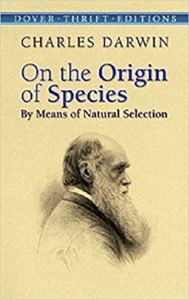 Roughly 99.5% of every species that ever existed on this planet have joined the cloud circuit, scientists estimate.
Roughly 99.5% of every species that ever existed on this planet have joined the cloud circuit, scientists estimate.
But if there are so many examples on that extreme of the continuum, what about the other? The Humane Society estimates an overpopulation of dozens of creatures, from Australia’s kangaroo baby boom to England’s badger surplus to Central America’s coyote explosion to Africa’s python epidemic. America is overrun by white-tailed deer.
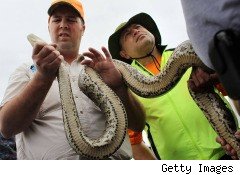
And, of course, there’s us, 7.62 billion strong and growing, making us the world leader in overevolution.
Consider our other symptoms of evolving a bridge too far:
- Suicide There are about 16,000 homicides a year in the U.S. But there are 40,000 annual suicides, a number that has increased 30% since 1999. When a species is three times more likely to kill itself than other members of the species, it’s overevolved.
- Brain size We’ve gotten too smart for our own good. Our brains have evolved into such large organs that, without medical advancements, more than 20% of the world’s births would end in maternal or infant mortality. When a noggin is a deadly threat during childbirth, it’s overevolved.
- Host threat When a species is capable of ending all life on its host planet, it’s overevolved.
- Oxygen bars
I know Darwin died in 1882, but maybe the president could ask him to revise the book. After all, Trump keeps in contact with Frederick Douglass.
And now, less combustible factslaps:
- About 20% of the world’s tech founders are immigrants, even though immigrants only make up about 4 percent of the world’s population.
- Richard Nixon was an accomplished musician who could play the piano, accordion, violin, saxophone and clarinet.

- The Moon gets hit by over 6,000 pounds of meteor material per day.

- A study found that orcas can learn to speak dolphin.

- Canada’s national parks are free for children.
- Researchers have found that muscle soreness after a workout doesn’t necessarily mean you’re growing more muscle.
- Vicodin’s name is based on it being approximately six (VI in roman numerals) times stronger than codeine.

- In 1494, Michelangelo, at the age of 19, was commissioned by the ruler of Florence to sculpt a snowman in his mansion’s courtyard.
And finally, a neighborly word from Mr. Rogers, who gave the U.S. Senate its most elegant description of what should be mankind’s evolutionary plateau, and would have been such a beautiful message for Tony Bordain to have taken within:

